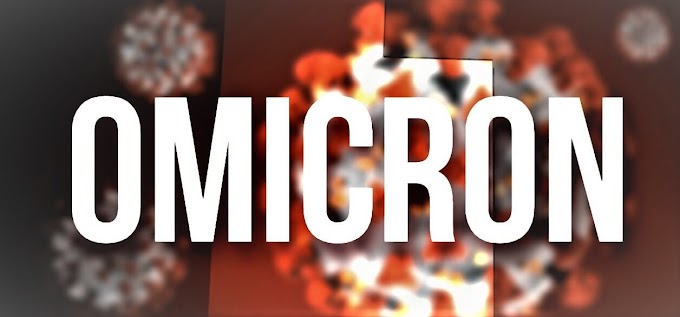The holiest month in Islamic calender
Now as only few days left to Ramadan, what is this month
that celebrated by Muslims each year.
Millions of Muslims around the globe will likely mark the
start of their number one holy month on Thursday. A month of worship and
intense prayers.
AL HILAL or the Crescent comes along with the astronomical
new moon and marks the beginning of Ramadan which usually estimate the
beginning of Ramadan however geographical differences can change when Ramadan begins.
A night before the first fasting day is known by the
performance of mass prayer named the prayer of AL TARAWIH that is performed
later days of Ramadan after AL IFTAR which is the meal they have after a day of
fasting.
Muslims fast from dawn to dusk after having the meal of
SUHOOR; a pre dawn meal of power food to get them through the rest of the day.
What to know about the fasting is not just about keeping
food and water out of your stomach but the Islamic religion specifically says
that Muslims should not do many things either during the fasting of Ramadan such
as avoiding gossiping, road rage, fights, cursing and disobedience with all its
types. Moreover, in Ramadan Muslims tend to do their best to do good deeds and
avoid all kind of sins and try to be close to their God, they give charity more
than other days, feed the hungry, help the orphan and the widows set up public
IFTAR for the homeless.
As Islam is a religion of softness, there is many exceptions
in fasting for example, the children who haven’t reached puberty yet and the elderly,
the pregnant, the sick, the traveller, people with diabetes and other diseases
that requires urgent medicine and food, people with mental diseases …all those
are excepted from Fasting however the majority of them are required to fast
later when their situation has passed.
Many countries allow Muslims to fast and practice their religion
freely like the United States, the EU, Russia, South America countries….however
Muslims still have numerous difficulties in fasting or praying in many
countries like India where the Muslim activities are restricted and bounded by unfair
rules. And the minority Chinese Uighur Muslims who complain of heavy
restrictions by the communist party, such as bans on fasting, forbidding
children to attend mosques and women wearing veils…etc.
The end of Ramadan is marked by the intense worship as Muslims
seek forgiveness and have their prayers answered during the holiest night of
the year, “LAYLAT AL QADR” or the Night of destiny. It is on this night in the
last 10 days of Ramadan which is believed by Muslims to be the night when God
sent the angel Gabriel to the prophet and revealed the very first verse of the
Holy Quran.
Devout Muslims go into reclusion in these last days of Ramadan
and spend all of their time worshiping in mosques.
After 30 days of fasting comes the first day of no- fasting,
a day which is called EID AL FITR. In which children often receive new cloths,
gifts…
Muslims attend the early Eid prayer to wish each other luck,
blessings and they share love, forgiveness and open new page with all their brothers
as a sign of repentance and faith.
After the prayer Muslims go and have a family sit where they
all laugh and share solidarity, ask god to forgive their sins and accept their
Ramadan.
Finally, families go to visit each other specifically children
who take a roam all over their uncles, aunts and the rest of their families.





0 Comments